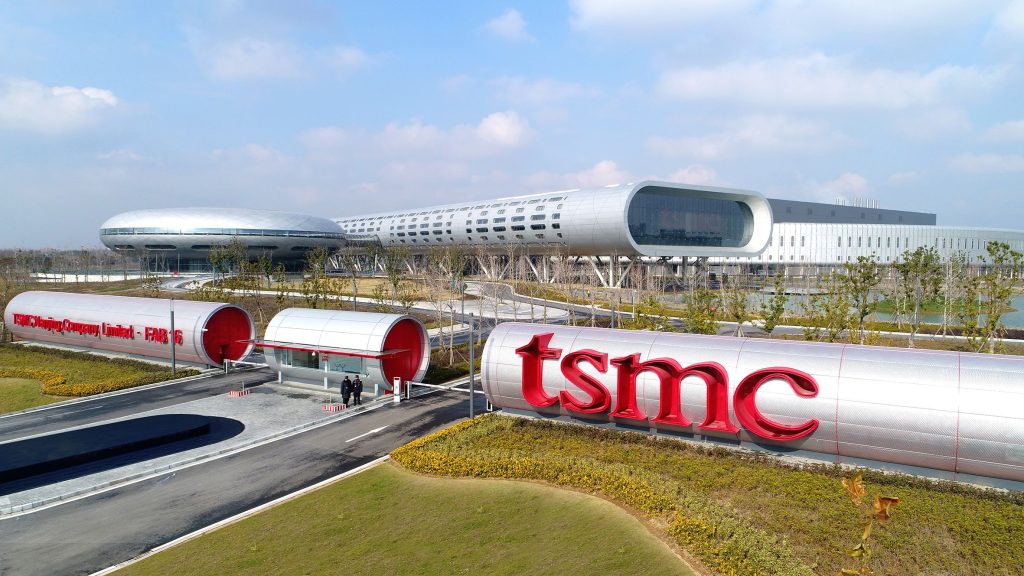TSMC Asks U.S. to Avoid Chip Tariffs That Could Disrupt Investments

Photo Credit: Taiwan Semiconductor Manufacturing Co., Ltd.
Taiwan’s leading chipmaker TSMC has warned the United States that imposing tariffs on semiconductor imports from Taiwan could have serious consequences on demand and ongoing investments in the country. In a letter addressed to the U.S. Department of Commerce, TSMC expressed concern that such tariffs could hinder the growth of America’s high-tech industry and jeopardize major semiconductor projects, including its own large-scale investment in Phoenix, Arizona.
The warning comes as the U.S. government, under former President Donald Trump’s Section 232 investigation, considers imposing tariffs on foreign semiconductor imports, possibly including those from Taiwan. TSMC, through its American subsidiary TSMC Arizona Corp, made it clear in a May 5 letter that these measures would create uncertainty for ongoing and future semiconductor infrastructure plans in the U.S.
TSMC is currently investing $65 billion in building three state-of-the-art wafer fabrication facilities in Arizona. One of these fabs is already operational, another is nearing completion, and a third just broke ground. Additionally, TSMC has committed another $100 billion to expand its presence in the U.S., which will include three more fabs, two testing and packaging units, and an R&D center—bringing the total investment to $165 billion.
The company emphasized that these investments are based on the assumption of strong demand from American clients. However, tariffs that increase product costs could reduce consumer demand and negatively impact the market for semiconductor components. TSMC urged that any such import restrictions exclude downstream and semi-finished products containing semiconductors to avoid further market disruption.
Moreover, the chipmaker noted that much of the equipment and materials needed for advanced chip production are not yet available in the U.S. It highlighted the importance of giving companies like TSMC adequate time to adjust if tariffs are implemented, especially where alternatives are either unavailable or not feasible to source locally.
Once fully operational, TSMC’s Arizona fabs are expected to produce up to 100,000 wafers per month, forming what it calls a “GIGAFAB” cluster. This would represent around 30% of its global capacity for producing cutting-edge 2-nanometer and even more advanced chips.
The warning comes amid former President Trump’s renewed tariff threats on Taiwanese chips, accusing Taiwan of undercutting the U.S. chip industry.
Source: Taipei Times




